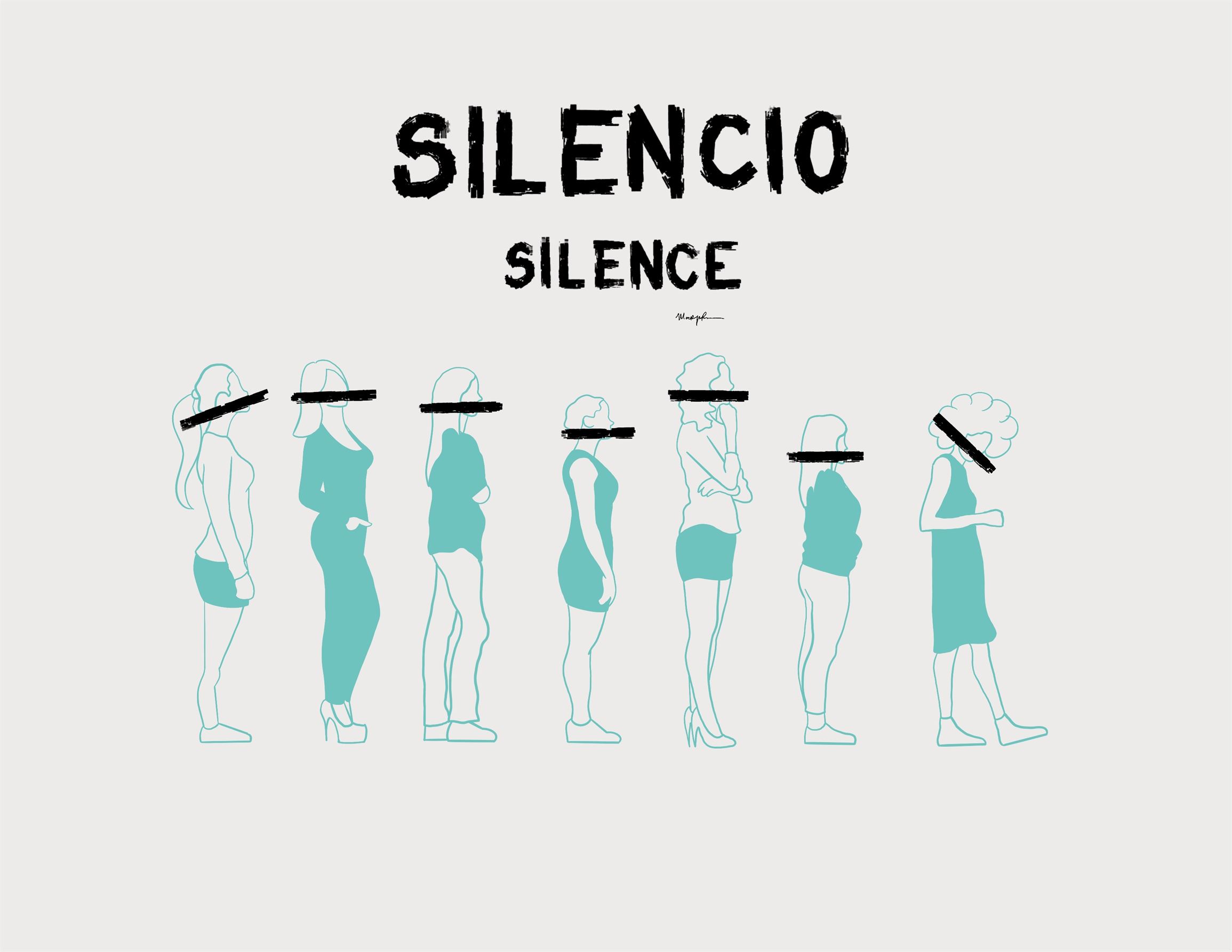Trigger warning: this article contains mentions of sexual harassment and sexual assault.
Montclair State University has found itself in the midst of a necessary uproar over the administration’s egregious response to sexual violence. It’s repetitive, but still true to say many students feel as though their voices aren’t being heard. Even worse, some claim they are being silenced altogether.
The Office of Residence Life, popularly referred to by students as ResLife, has been the center of a controversy regarding its own response to reports made by Resident Assistants (RAs) on behalf of students who have been sexually harassed or assaulted.
On March 24, the Instagram account @montclairstateconfessions made a post detailing an anonymous account made on behalf of another person. It reads, “[My] friend was sexually harassed and assaulted in her dorm room last year, and when her RA told [reslife] about it they fired her RA and never reached out to her. My friend no longer goes to [Montclair State].”
If this is true, it is a horrifying and negligent response on the part of ResLife and its management which only further validates the increasingly common sentiment that Montclair State does not value its students’ wellbeing or safety. It also constitutes an incredibly blatant violation of Title IX regulations.
Administrators at the Office of Residence Life did not respond directly to a request for comment on this issue. Instead, university media relations director Andrew Mees offered this statement, some of which is copied and pasted verbatim from previous responses.
“To protect the privacy of all individuals involved and to comply with laws regarding privacy, the university cannot comment on personnel matters or any individual case of harassment or assault,” Mees said. “However, we can say the university is committed to fostering an environment in which people feel safe, and one in which all members of our community can learn and grow while being treated with respect.”
“We take situations involving potential harassment of any kind extremely seriously. Any claim brought to the university’s attention is thoroughly investigated, and action is taken when appropriate. Any retaliation, of any kind, in a situation like the one you are referencing, would be a violation of Title IX regulations, and would not only be illegal but would contradict the university’s values.”
Yes, it would. The Montclarion would like to take this opportunity to remind the university that as a public institution that receives federal funding, they are obligated to comply with Title IX to maintain that eligibility. The penalty for failure to comply with Title IX is loss of said funding, which would probably be a far more effective motivator for Montclair State to get its act together.
Students are bound to get into bad situations, but heaven forbid the university loses any means to pay off the debts from building Car Parc Diem or fighting a fruitless lawsuit.
This allegation, besides being disturbing of its own accord, feeds into a larger, more sinister depiction of the ResLife administration and its treatment of its student employees.
In the resident assistant job description sheet, there is a clause restricting the prospective RA from talking to the press. More specifically, it reads, “RAs must refrain from making statements to media outlets that would reflect negatively on the Office of Residence Life or Montclair State University.”
Now, this is not an uncommon clause amongst certain employers, usually government agencies who deal with potentially sensitive information. But in recent years it has come under fire from organizations such as the University of Florida’s Brechner Center for Freedom of Information.
A 2019 study by the Brechner Center concluded that private-sector employees have the right to speak to the press under the National Labor Relations Act. As students, it’s debatable what category RAs fall into, but students and employees at public universities are protected by the First Amendment.
So, either way, the stipulation in the RA contract could be considered legally questionable at best and unconstitutional at worst. It raises the obvious question of why exactly ResLife is so concerned its employees might say something negative about its administration or the university in the first place. But it also potentially obstructs a vital means of transparency regarding what goes on in ResLife.
After all, ResLife has no way of knowing whether a student employee’s statement to the press will “reflect negatively” on them unless they specifically ask them what they plan to say, and the clause does continue to say employees must ask for specific permission if they wish to speak to the press. This means the only transparency happening is between employee and employer, and whether it goes farther than that is entirely up to those whose sole interests lie in protecting their collective reputation.
Maybe it’s largely due to the current controversy playing out on campus, but this entire thing stinks. One way or another, no matter what Montclair State decides to do in the name of preserving its image, the truth will out. No one can be silenced forever, especially when other voices join them.



